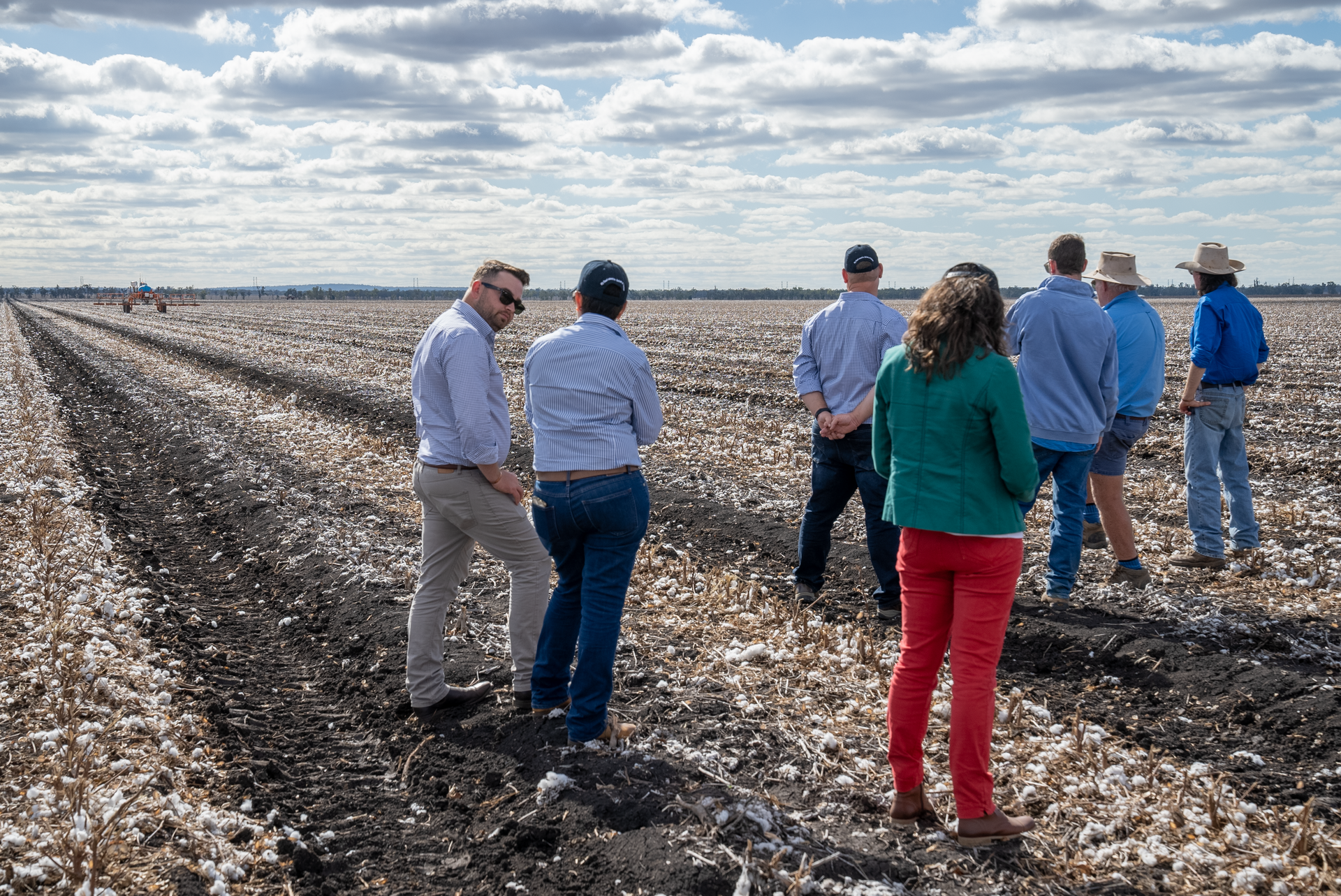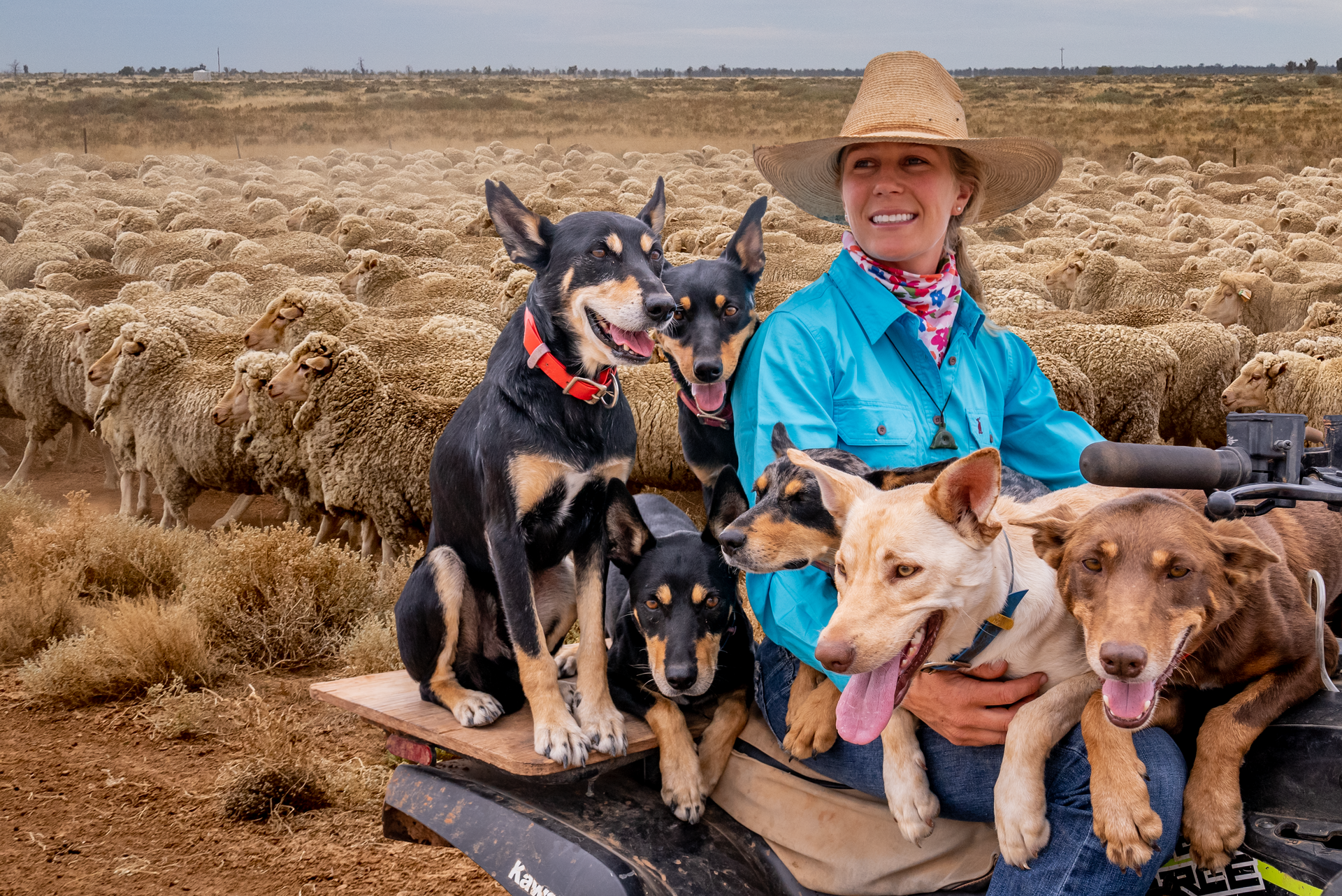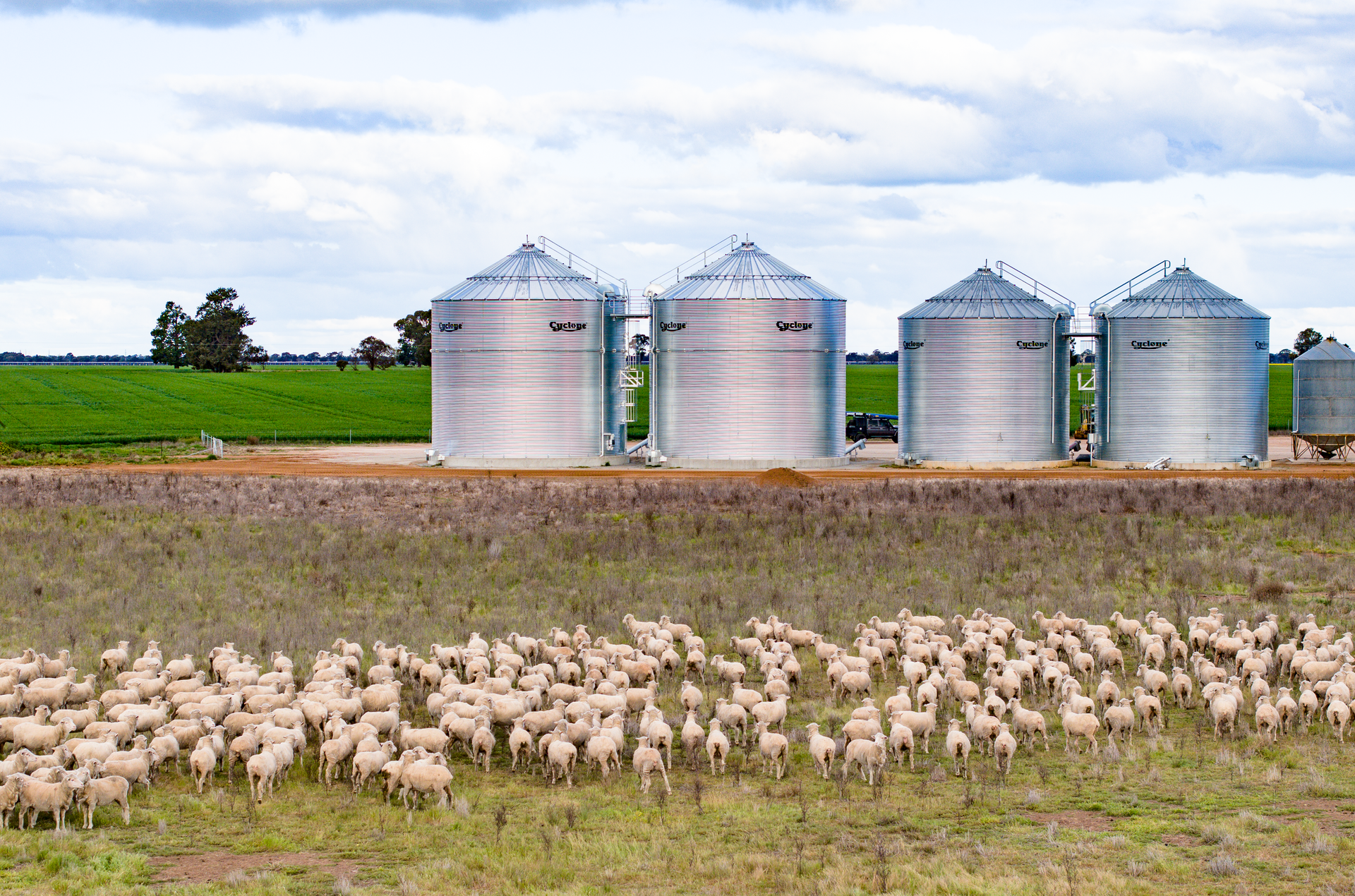Navigating the Latest Fair work Regulations: What You Need to Know
What You Need to Know
In a significant development for employers and employees alike, Fairwork has introduced new rules set to come into effect from 6 December. These changes specifically address the hiring of employees on fixed-term contracts and the automatic termination of enterprise agreements made before 2010, commonly referred to as 'zombie agreements.' In this article, we'll break down the key modifications and their implications for businesses.
New Rules for Fixed-Term Contracts:
As of 6 December, employers must adhere to a set of new rules when hiring employees on fixed-term contracts. These changes encompass several crucial aspects of employment agreements:
1. Contract Duration: The new rules introduce guidelines on the length of fixed-term contracts. Employers must ensure that these contracts align with the specified parameters to maintain compliance.
2. Contract Extensions: Employers are now subject to regulations regarding the extension of fixed-term contracts. Clear guidelines dictate the conditions under which contracts can be extended, ensuring fair and transparent employment practices.
3. Comparable Contracts: Offering new fixed-term contracts that are comparable to previous agreements is now a requirement. This provision aims to promote fairness in employment terms and conditions for workers transitioning from one fixed-term contract to another.
4. Fixed Term Contract Information Statement (FTCIS): Employees starting on new fixed-term contracts must receive a Fixed Term Contract Information Statement (FTCIS). This document provides essential information about the terms and conditions of their employment, empowering employees with the knowledge they need.
Automatic Termination of 'Zombie Agreements':
From 7 December onwards, all registered enterprise agreements made before 2010 will automatically terminate. Commonly known as 'zombie agreements,' these pre-2010 arrangements have been a long-standing issue. Employees currently covered by such agreements may revert to the relevant modern award if no alternative agreement is in place.
Employers do have the option to apply for an extension of the default period for a zombie agreement if necessary. This allows for a smoother transition period and ensures businesses can navigate these changes with minimal disruption.
Where to Find More Information:
For a comprehensive understanding of these changes and their implications, employers and employees are encouraged to visit the Fairwork website at https://www.fwc.gov.au/. The website provides detailed information on the new rules, offering guidance to stakeholders seeking clarity on compliance and implementation.
As the employment landscape evolves, staying informed about regulatory changes is crucial for both employers and employees. The recent updates from Fairwork aim to foster fair and transparent employment practices, emphasizing the importance of equitable treatment for workers on fixed-term contracts and addressing the long-standing issue of 'zombie agreements.' By familiarizing yourself with these changes and seeking guidance from authoritative sources, you can navigate the evolving regulatory landscape with confidence.



Rimfire are leaders in agribusiness and natural resources recruitment, HR and benchmarking solutions across Australia and New Zealand.

Select an icon
More Resources
Navigation
Copyright © Rimfire Resources a CGH Group Company All rights reserved.
Powered with
🤍
by shazamme








